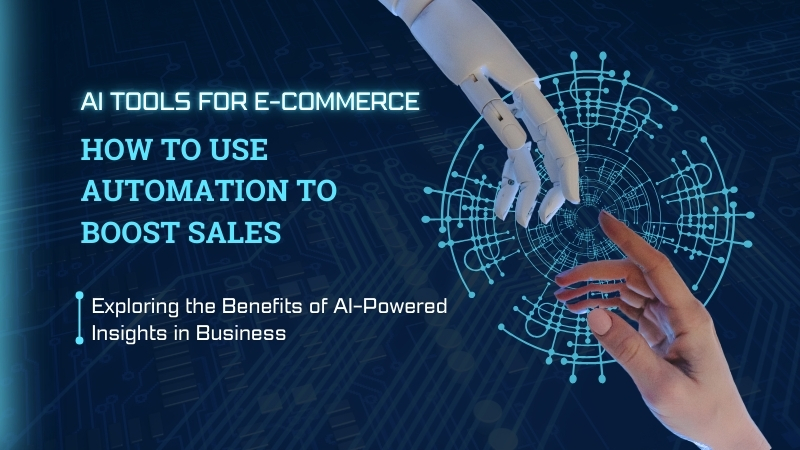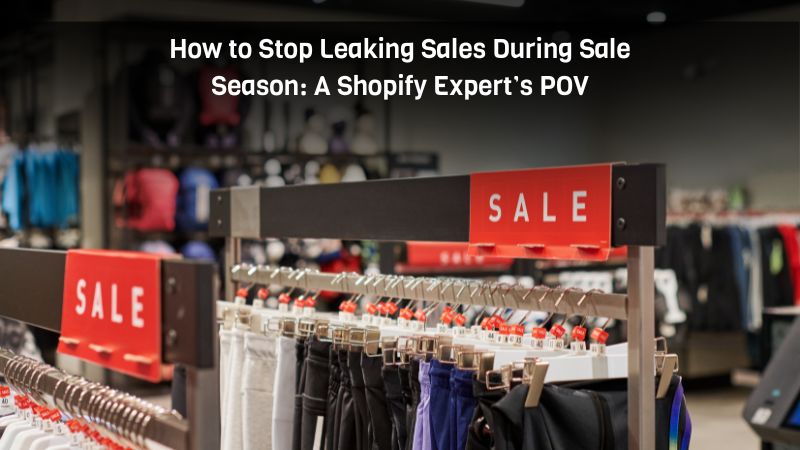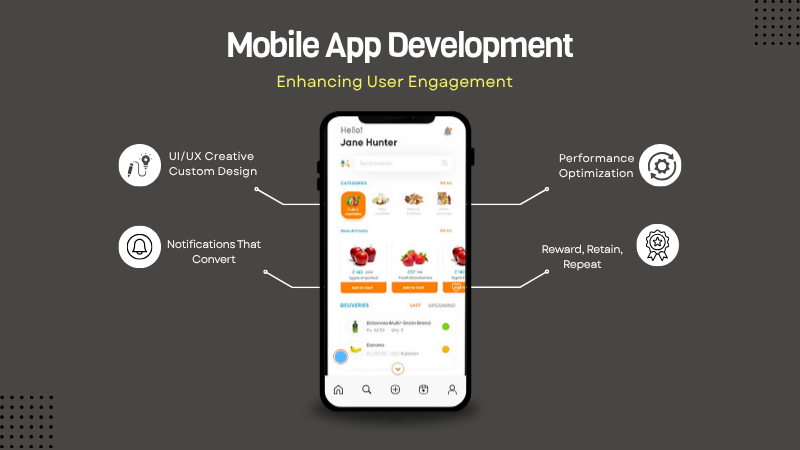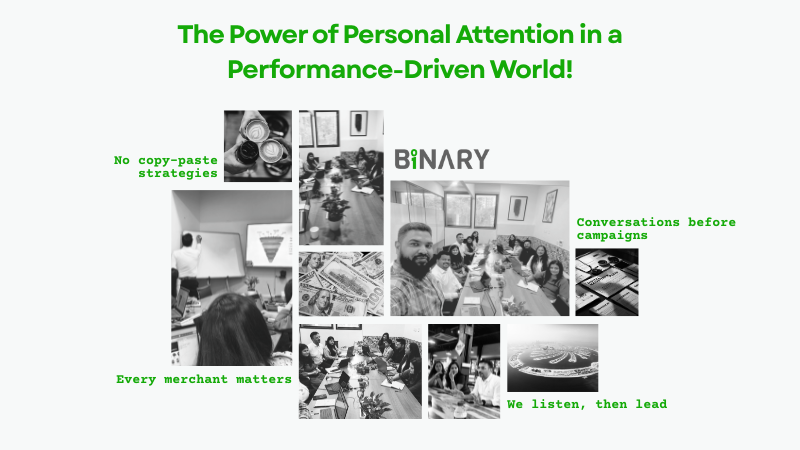- PREVIOUS PLATFORM – BigCommerce
- INDUSTRY – Apparel and accessories
- USE CASE – Cost effectiveness, Operational efficiency, Speed to market, Scale
- PRODUCT – Shopify Plus
4ocean exists for one reason: to protect and preserve our oceans. This ocean-first philosophy is at the heart of every decision they make—even their ecommerce platform decisions.
After a successful start on Shopify, 4ocean was advised to move to BigCommerce as they scaled, but unfortunately, that move ended up being detrimental to their business. Because BigCommerce places the burden of development on their customers, 4ocean had to hire additional resources just to build what was natively available in Shopify. This took them further away from their mission, and they realized they had to make a change.
4ocean migrated back to Shopify and was able to:
- Save tens of thousands of dollars in operational expenses
- Relaunch on Shopify substantially faster than it took to launch on BigCommerce
- Recover their web traffic after an 80% reduction when they originally moved from Shopify to BigCommerce
- Drive incremental revenue through easy-to-add apps
The challenge: Inefficient tech was costing them time and money
4ocean started their business on Shopify, and for the first two years, they were in a phase of explosive growth—so much growth that people started suggesting that they needed to migrate off of Shopify.
“The business had gone from two employees to over 300 in a matter of just two years,” explained 4ocean’s Co-Founder and CEO Alex Schulze, “so it was suggested to migrate off Shopify and that we needed to move to a platform for larger organizations.”
BigCommerce was touted as the solution their business needed as it scaled, but it turned out to be the exact opposite, and it was apparent to Alex right away.
— We ended up migrating off of Shopify and our business plummeted. Nothing felt right from the get go. The migration process was a nightmare. Not only did it take an incredible amount of time and money, but we lost a ton of organic traffic, about 80%.
4ocean
Alex Schulze — Co-Founder and CEO
In addition to a slow and costly migration, Alex quickly realized that all the things he was accustomed to being able to do quickly on Shopify were cumbersome manual processes that he had to outsource with BigCommerce.
— Everything I was used to doing without thinking on Shopify, like quick access to data, changing product SKUs, and managing the website, were now all custom and we had to hire huge teams of people to manage it.
4ocean
Alex Schulze — Co-Founder and CEO
Even table stakes functionality like showing that a product was sold out, letting shoppers swipe left or right on product photos, or enlarge a product photo all required custom development on BigCommerce, whereas on Shopify, this native functionality is all available with the click of a few buttons.
Seeing tens of thousands of dollars wasted on development that used to cost nothing was the last straw that gave Alex and the 4ocean team the motivation to switch back to Shopify.
— The amount of money we spent really frustrated me because that’s now money that’s not going towards our cleanup operations.
4ocean
Alex Schulze — Co-Founder and CEO
Contact a Shopify Plus expert today
The solution: Native growth tools that put 4ocean back in control to drive the business
When they calculated the amount of additional time, energy, and money that they were spending on BigCommerce, 4ocean knew they needed to make a change.
They needed a straightforward commerce platform that worked for them, instead of against them, and with their previous experience on Shopify still fresh in their minds, the choice was simple.
— It was no question. Some folks were trying to get us to look at other options like Magento, WooCommerce, and Salesforce. After consideration, I immediately knew we had to go back to Shopify.
4ocean
Alex Schulze — Co-Founder and CEO
Compared to their migration to BigCommerce, migrating back to Shopify was much easier, faster, and more streamlined.
Most notably though, it put the control back in their hands. Instead of needing to ask a business intelligence hire to run a report every time he wants to see data on his business and get the information back in two days, Alex can now look at his phone and see his analytics instantly. When the marketing team wants to change a banner, they can do it themselves rather than outsourcing that to a vendor.
— On Shopify, the marketing team can just do what they need to do. If they want to change a banner or run a new promotion, they can do that in a matter of a few clicks and get data back quickly, versus relying on multiple people and external vendors to drive the business.
4ocean
Alex Schulze — Co-Founder and CEO
Switching back to Shopify gave 4ocean their autonomy back. Instead of submitting tickets, they’re innovating, driving value, and focusing on their core mission.
— With Shopify, you can focus on your core business. For us, that’s cleaning the ocean, not maintaining a website.
4ocean
Alex Schulze — Co-Founder and CEO
Shopify’s vast app ecosystem also makes it easy to add functionality like product upsells and subscriptions, allowing 4ocean to drive incremental revenue seamlessly. Compare that with BigCommerce, where testing into new channels and functionality like that would require a lengthy (and costly) custom build.
The outcome: More time to focus on innovation and moving the business forward
As it turned out, the benefits Shopify offered to 4ocean as a small business are the same things that make it the perfect fit for 4ocean as it scales. Instead of outgrowing Shopify, 4ocean realized that Shopify could not only scale with them, but enable innovation—like their trash tracker.
— We’ve been able to develop a trash tracker that documents our cleanups every step of the way so we can show our customers that we’re out here doing what we’re promising we’re doing.
4ocean
Alex Schulze — Co-Founder and CEO
Impactful initiatives like this would have been unthinkable on BigCommerce, where all their time and energy was being spent on maintenance and table stakes like “spending almost two weeks custom developing a button that says ‘Notify me when this product is back in stock,” Alex recalled. With more out-of-the-box functionality came notable time and cost savings, and the ability to spend their time driving revenue, which for 4ocean, means removing more trash out of the ocean and helping to create a more environmentally sustainable planet.
— You’ll drive more revenue on Shopify, and be able to do it faster and with a more simplistic approach.
4ocean
Alex Schulze — Co-Founder and CEO
Note: The above case studies are a copyright of Shopify Plus.





















